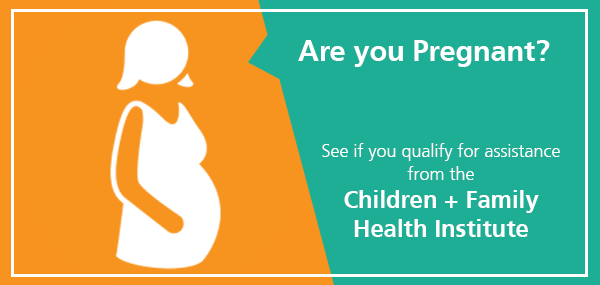Prevent Birth Defects with Folic Acid [Infographic]
Every 1 in 33 babies born in the United States are born with a birth defect. If that number seems a little high, that’s because it is. Birth defects are common; more common than most people realize. Every 4 ½ minutes a baby is born with a birth defect, translating to about 120,000 babies each year.
Birth defects can be minor or severe. Some are easy to spot, while others might not be identified until months after the baby is born. They can affect almost any part of the body, internal or external and can cause developmental delays.
What Causes Birth Defects?
The first 3 months of pregnancy are crucial to your baby’s development and are when most birth defects form. In many cases, the cause of birth defects are unknown but are believed to be due to a mix of factors which can include:
- Genetics
- Smoking, drinking alcohol or taking illegal drugs
- Certain medical conditions from the mother
- Taking certain medications (consult with your doctor)
- Poor lifestyle choices and behaviors
- Infections during pregnancy
- Combinations of factors
Why Folic Acid Can Help
Folic acid is an essential B vitamin that our bodies use to make new cells. The CDC urges women to take 400 mcg of folic acid every day, starting at least one month before getting pregnant. Folic acid can play a key factor in your baby’s development, preventing major birth defects to your baby’s brain and spine (anencephaly and spina bifida).
Getting the recommended dosage of folic acid can oftentimes be overlooked. That’s why we put together 3 simple tips in the infographic below to help you get your daily dosage.

If you are pregnant and would like to learn more about the resources offered from the Children and Family Health Institute, please click on the image below.




